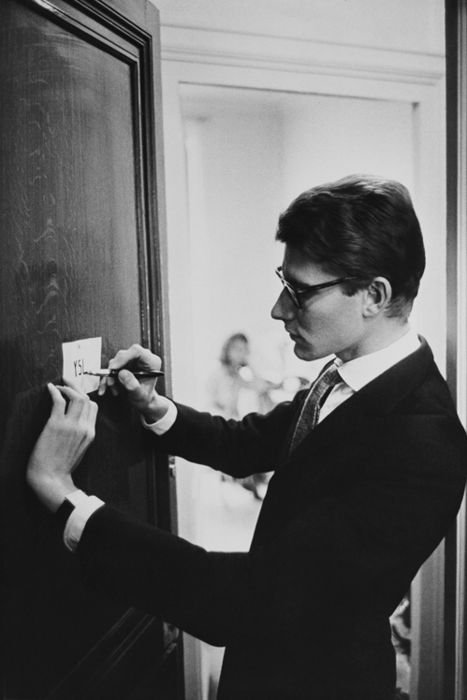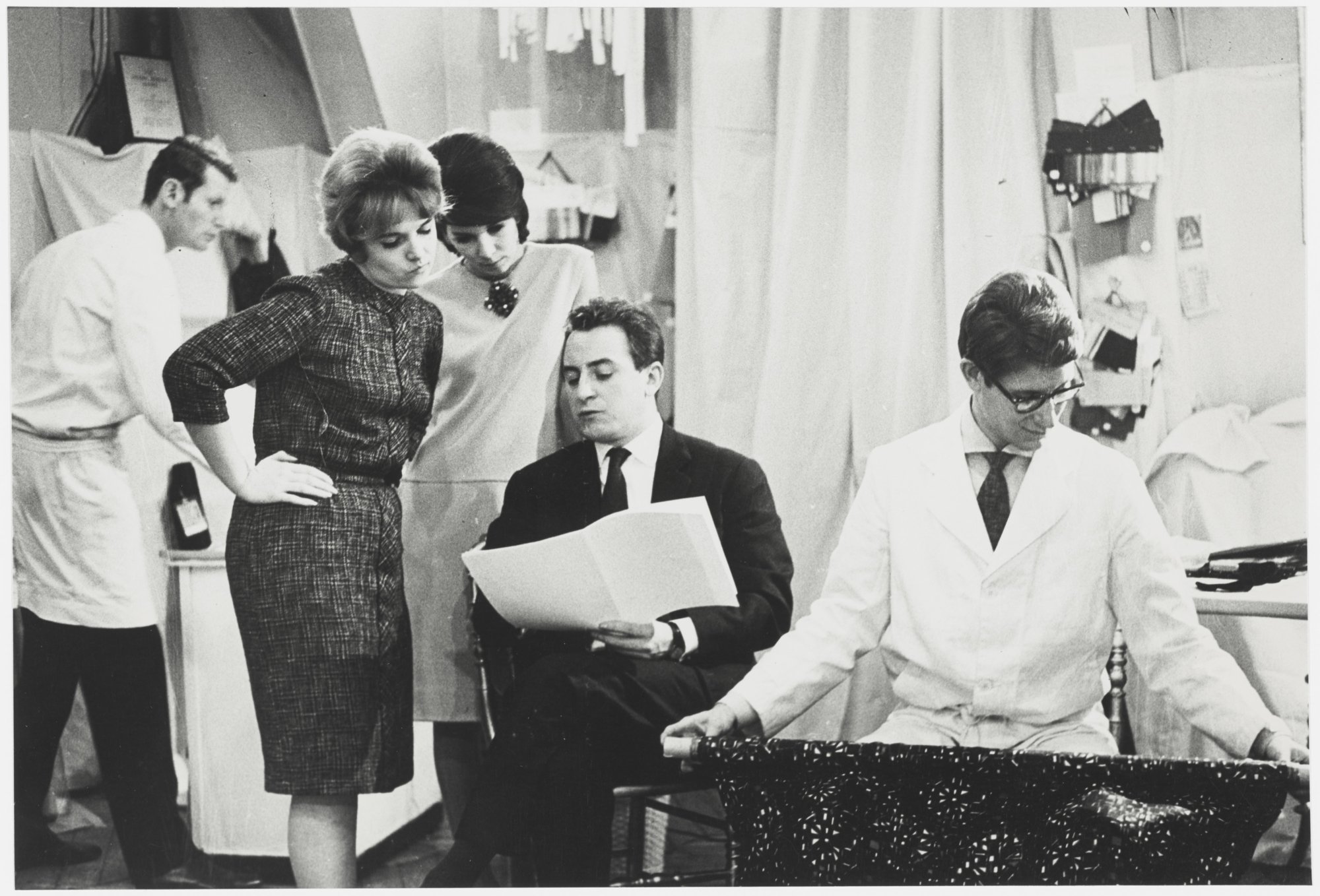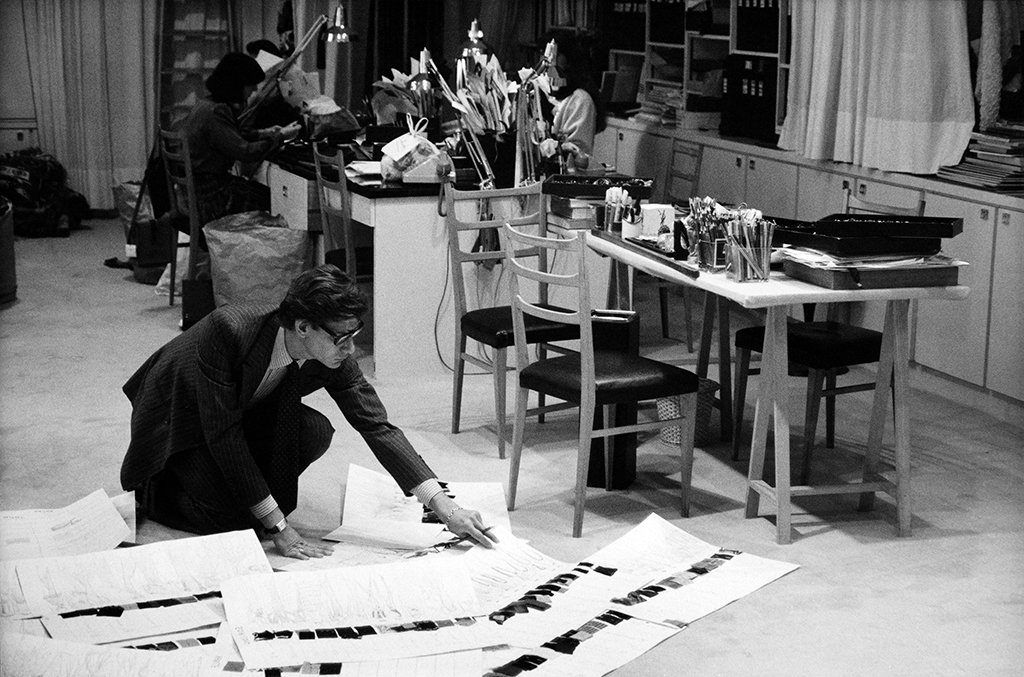Why Luxury?

Turn back the clock to your first luxury buy—the fabric, the feel, the silhouette. Dora Maar’s Head of Fashion, Brian Solis, can remember his. At twenty-four, the creative entered the 57th Street Yves Saint Laurent flagship boutique and walked out with a purple cashmere sweater. This particular piece gave him confidence and pride.
Our first designer investments are unforgettable. We cherish their craftsmanship, quality, and legacy.
Fast forward to the present: Brian resold that purple YSL piece and replaced it with a less expensive, non-luxury silhouette. The material was not as soft, the cut was not as clean, and with no Yves Saint Laurent legacy, the sweater lost its spark. The latter piece’s lower quality comes from fast fashion, an industry celebrated not for its craftsmanship but for its affordable price point.
If you had asked me about my first luxury purchase two months ago, I would have answered that it has yet to happen. However, I recently realized I have been buying luxury my whole life. Growing up as a swimmer and triathlete, training and competing at national levels, I invested in the highest quality apparel because of its durability. Between the Yves Saint Laurent sweater and my athletic uniforms, there exists a common thread of dependability in their construction.
Luxury adheres to principles of craftsmanship and quality, resulting in a beautiful, well-fitting product that gives its owner confidence and pride. Brian felt this pride wearing his YSL sweater, and I when my feet rhythmically rebounded on the road for miles. But, what specifically about luxury leads to its quality and price disparity with fast fashion?
The answer to this question is my “why luxury”…
Integrity.
Luxury is more than just a final destination; it’s about the journey.
As opposed to the high-quality nature of luxury, fast fashion takes advantage of its accessibility to cheap textiles despite its short lifespan and inevitable end in a landfill (Pucker). Furthermore, labor abuse is its backbone, with 95% of clothes manufactured by workers receiving less than a living wage (Hutner). When we analyze fast fashion, we discover a myriad of questionable practices.
Conversely, luxury constructs each collection consciously with textiles engineered for longevity (Tahir). A short-term cost breeds long-term benefits, out-valuing the initial prices paid. It’s so easy to avoid high fashion because of its high price point, but behind the number on the price tag is a code of integrity absent from fast fashion.
To say all luxury is 100% ethical and operates with integrity would be a lie. But, when compared to fast fashion, it’s a huge step toward social and environmental consciousness. It is an investment in integrity and an extension of your self-expression, built on principles of time and quality. With luxury, you can create a closet built for longevity, give yourself confidence, and challenge the fast fashion complex, where “steals” are mechanisms for trend turnover, feeding the environmental and ethical issues associated with consumption and textile waste.





